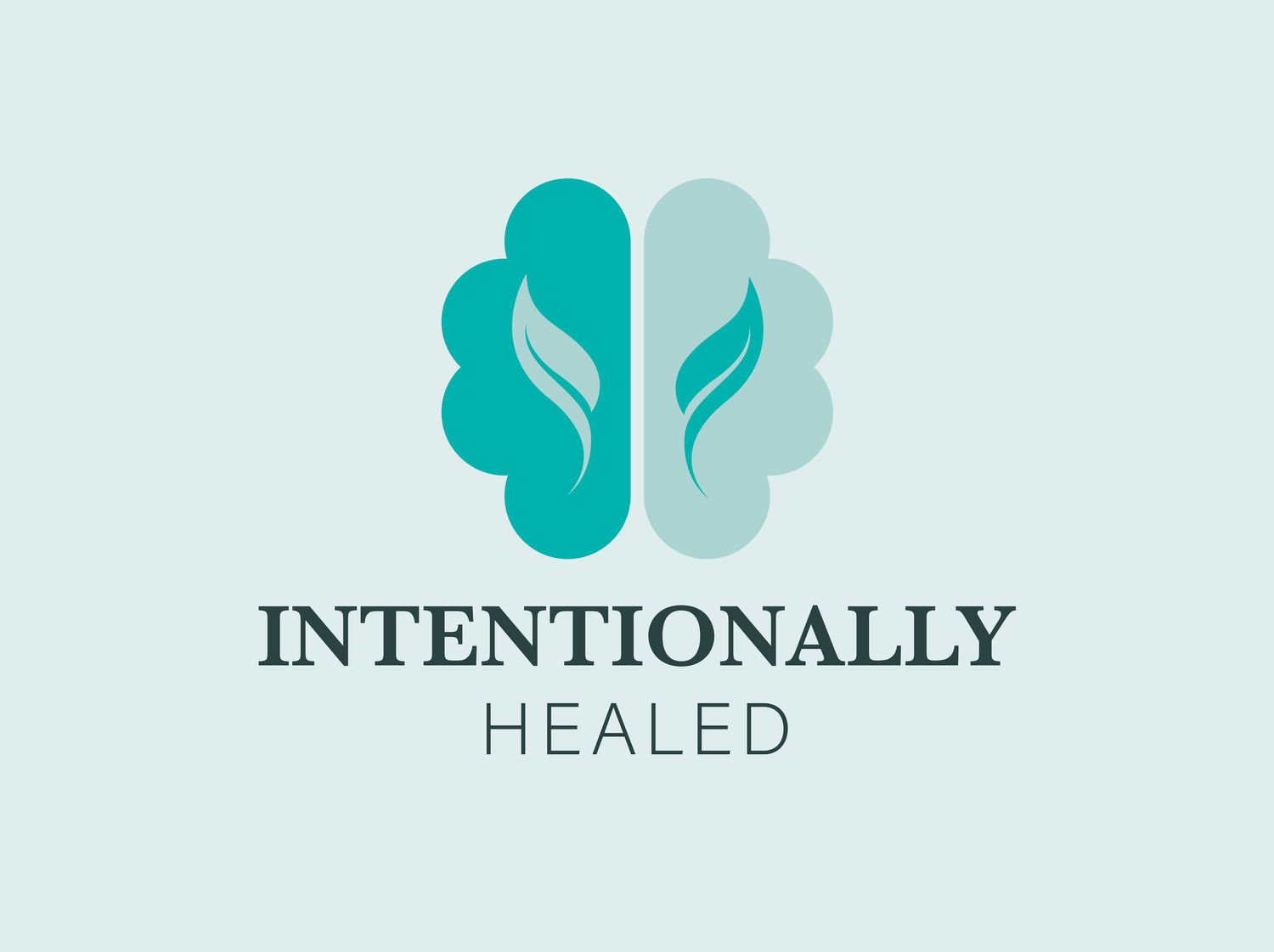Chronic Stress in Special Operations
Stress can be eustress or distress (good or “bad”) Eustress is what has kept us alive and has allowed the human species to survive. Some stress is good as it can give you the boost you need to complete a project before a deadline. Then there is chronic stress that can come from living in fast-paced world, environmental toxins, trauma, metabolic dysfunction, food sensitivities, and many other unresolved issues can lead to chronic elevated levels of cortisol and over time they will have a negative effect on the body. The body cannot tell the difference between mental/emotional, toxic exposures, chemical, physical. The Special Operations Forces community knows this well. We are seeing an increase in service members with type two diabetes and men with low testosterone. Women who are hitting adrenal exhaustion and an increase of autoimmune thyroid disorders. We have incredible non-profits that are bringing to light how toxic exposures are impacting our service members and those that support alternative methods of healing from stress related symptoms.
In my practice I see how this fast-paced lifestyle effects the family members. I see women who have had no choice but to be brave for far too long and now we are seeing them break. This leads to dysfunction of the endocrine system through gut issues. Which ultimately becomes mental health related. To seek out change we need to understand how the gut, hormones, and brain health are connected. Toxic exposures which are also stressors on the body are leading to an increase in cancer within the veteran community.
This is what most people believe all toxic exposures look like. The reality is that they are household cleaning products, eating the Standard American Diet (SAD), burn pits, exhaust, lead, and so much more.
The endocrine system consists of hormones and the organs and glands that produce them. It is a system of constant communication. Hormones help regulate metabolism, circadian rhythm, glandular secretion, immune system activities, controls growth and development and govern operations of the reproduction systems. Hormones fall into one of five classes of lipid soluble, water soluble, steroid (derived from cholesterol), thyroid (iodine atoms and tyrosine), amines (amino acids), peptides and proteins and eicosanoids (derived from fatty acids). Adequate hydration ensures the efficiency of transport of hormones through the entire body.
When a person is constantly in a stressed state (fights or flight it can leave a person living in a state of elevated cortisol that when given no relief will eventually turn into lower-than-normal ranges thus leading to adrenal exhaustion. There is no time frame on record for how long a person will stay in high cortisol or the compensatory stage before going into the exhaustive stage. This can lead to more dysregulation, insulin resistance, low DHEA, obesity, exercise intolerance and intestinal dysbiosis. This list is inconclusive to the number of symptoms a person can feel when going from high to low cortisol levels. The liver will eventually take a hit since it is responsible for removing hormones that are in excess or no longer needed. Having too much cortisol for an extended period can decrease the effectiveness of the liver. The pancreas will eventually also take a hit as well. The insulin receptors on cells do not respond well to insulin and this is what puts a strain on the pancreas to secrete more insulin to move glucose into the cells. This can lead to obesity and diabetes should it continue to stay out of control.
Prolonged elevated cortisol will have a negative effect on sleep that can lead to lowered immunity, lowered glucose intolerance, low morning cortisol levels that lead to carbohydrate and junk food cravings. In the end the endocrine system can take a big hit from having elevated levels of cortisol in the body. The important thing to remember is that we need cortisol, just not high amounts or low (underperforming amounts) for an extended period. We need balance in the hormonal system to keep the body in a state of homeostasis and away from a state of that leads to a chronic stress cascade.
In my practice I work with a lot of Special Operations spouses, and I see adrenal dysfunction regularly. Through my work I’m seeing how proper supplementation and dietary changes are making a difference in how these women feel. This is an important change that we need to see in this community. Special Operations spouses are the foundation of this community. It is important that to recognize that while we are all human, we each have individual needs and that is why I believe in a bio-individual approach.



